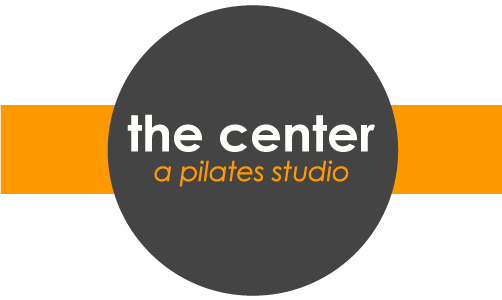 3 Me-time Hacks: A Cheat Sheet for Sneaking in Self-care
3 Me-time Hacks: A Cheat Sheet for Sneaking in Self-care
by Dr. Melissa McCreery
Here’s the thing. Great self-care doesn’t have to take over your life (but it does have the ability to drastically change it).
Here are three me-time hacks—consider it a quick and dirty cheat sheet for sneaking in great (and simple) self-care.
1. Never underestimate the power of ten minutes. I’m a high-achiever too so I can say this. As big thinkers and ambitious people, we can have a tendency to make things more complicated than they have to be. Many of my private coaching clients bring a lengthy (daunting) list of things they “should” be doing for themselves to our first session. The problem is, the list is so overwhelming it can feel impossible to even begin.
Repeat after me: “Small consistent steps can work miracles.”
Ten minutes, focused solely on you—connecting with yourself, discovering what you are feeling or needing, relaxing your body or untangling your mind—can change the course of the rest of your day. A coaching client told me this week that a simple 3 minute practice that we created for her has left her feeling more focused and energetic and feeling less stress. It is also reducing her urges to binge and eat mindlessly. She’s amazed by the results andwhen I asked her if she’ll keep practicing the strategy she told me it’s a no-brainer. Because it’s simple, she has already made it a habit. How can you make ten minutes a day pay off for you?
2. Pay yourself first. I used to fall off the self-care wagon all the time. It happened because I was falling for the idea that my job was to get everything “else” done before I focused on me. Guess what? By the time I had time (if I did) to work out or meditate or plan a great adventure with friends, I was too tired to follow through. If I did follow through, I was often not in a position to really enjoy and savor the experience in a way that could leave me rejuvenated. Instead, it just wore me out.
I’ve since learned to flip this philosophy upside down—with amazing results. The truth is, when I pay myself first—when I put my workout at the top of the list, when I take the time at the beginning of my week to plan my meals or plan some good down time in my week—I not only feel better all week, I perform better. I am more focused and creative. I feel more alive and I have more to give. My clients notice this too. When they drop the belief that they don’t have time for themselves and start putting their self-care first, they actually get more done.
3. Make self-care an appointment and make it a standing date. Think about it. If something is difficult to do, why make yourself “reinvent the wheel” and start afresh with doing it every single time? When you can, it’s best to make self-care a ritual.
A client who was constantly traveling for her company struggled with emotional overeating when she was on the road. She struggled with how to take good care of herself and make good food and portion choices in every new hotel and new city she visited. One simple step we took to reduce her stress and to help her take control of emotional eating was to design rituals that helped ground her and that she could use to relax, plan her eating choices, and limit stress eating. The key was to systematize things so that she had a ritual she was used to completing at set times of the day and that could kick in even when she is away from home.
Self-care doesn’t need to be complicated and it doesn’t need to be overwhelming, but it does need to happen.
What small simple change can you make to create more me-time or take better care of you?
Copyright (C) 2012 Melissa McCreery, PhD. Psychologist and Life Coach Dr. Melissa McCreery focuses on the three O’s that ambush successful, high-achieving women–overeating, overwhelm, and overload. Claim your free audio set: “5 Simple Steps to Move Beyond Overwhelm With Food and Life” at http://TooMuchOnHerPlate.com
